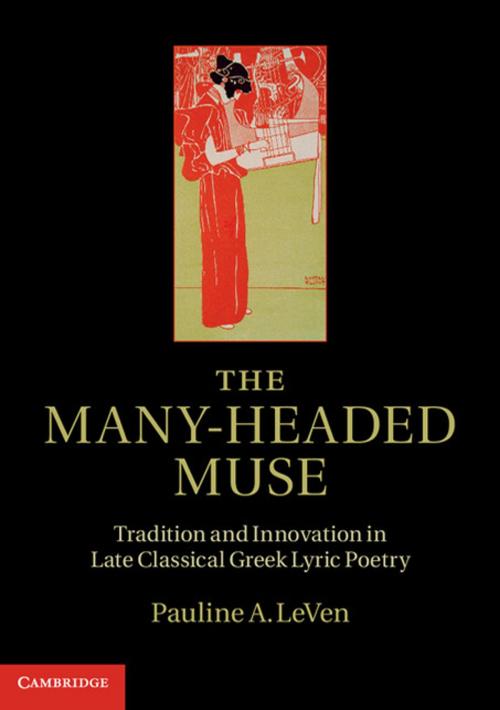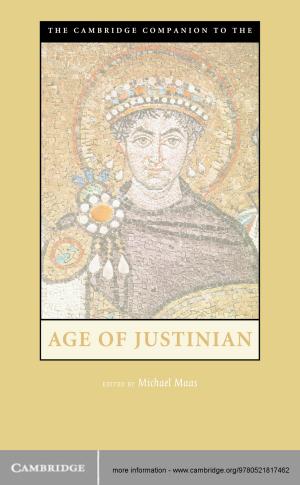The Many-Headed Muse
Tradition and Innovation in Late Classical Greek Lyric Poetry
Nonfiction, History, Ancient History, Fiction & Literature, Poetry, Literary Theory & Criticism| Author: | Pauline A. LeVen | ISBN: | 9781107702608 |
| Publisher: | Cambridge University Press | Publication: | January 16, 2014 |
| Imprint: | Cambridge University Press | Language: | English |
| Author: | Pauline A. LeVen |
| ISBN: | 9781107702608 |
| Publisher: | Cambridge University Press |
| Publication: | January 16, 2014 |
| Imprint: | Cambridge University Press |
| Language: | English |
This is the first monograph entirely devoted to the corpus of late classical Greek lyric poetry. Not only have the dithyrambs and kitharodic nomes of the New Musicians Timotheus and Philoxenus, the hymns of Aristotle and Ariphron, and the epigraphic paeans of Philodamus of Scarpheia and Isyllus of Epidaurus never been studied together, they have also remained hidden behind a series of critical prejudices – political, literary and aesthetic. Professor LeVen's book provides readings of these little-known poems and combines engagement with the style, narrative technique, poetics and reception of the texts with attention to the socio-cultural forces that shaped them. In examining the protean notions of tradition and innovation, the book contributes to the current re-evaluation of the landscape of Greek poetry and performance in the late classical period and bridges a gap in our understanding of Greek literary history between the early classical and the Hellenistic periods.
This is the first monograph entirely devoted to the corpus of late classical Greek lyric poetry. Not only have the dithyrambs and kitharodic nomes of the New Musicians Timotheus and Philoxenus, the hymns of Aristotle and Ariphron, and the epigraphic paeans of Philodamus of Scarpheia and Isyllus of Epidaurus never been studied together, they have also remained hidden behind a series of critical prejudices – political, literary and aesthetic. Professor LeVen's book provides readings of these little-known poems and combines engagement with the style, narrative technique, poetics and reception of the texts with attention to the socio-cultural forces that shaped them. In examining the protean notions of tradition and innovation, the book contributes to the current re-evaluation of the landscape of Greek poetry and performance in the late classical period and bridges a gap in our understanding of Greek literary history between the early classical and the Hellenistic periods.















